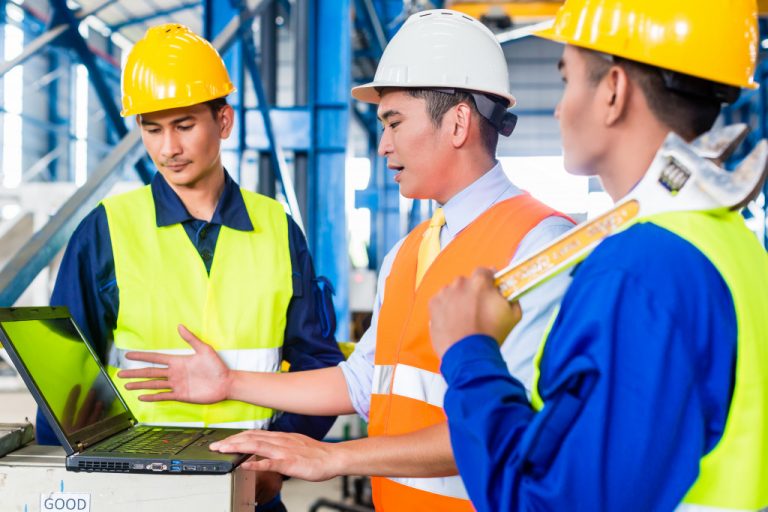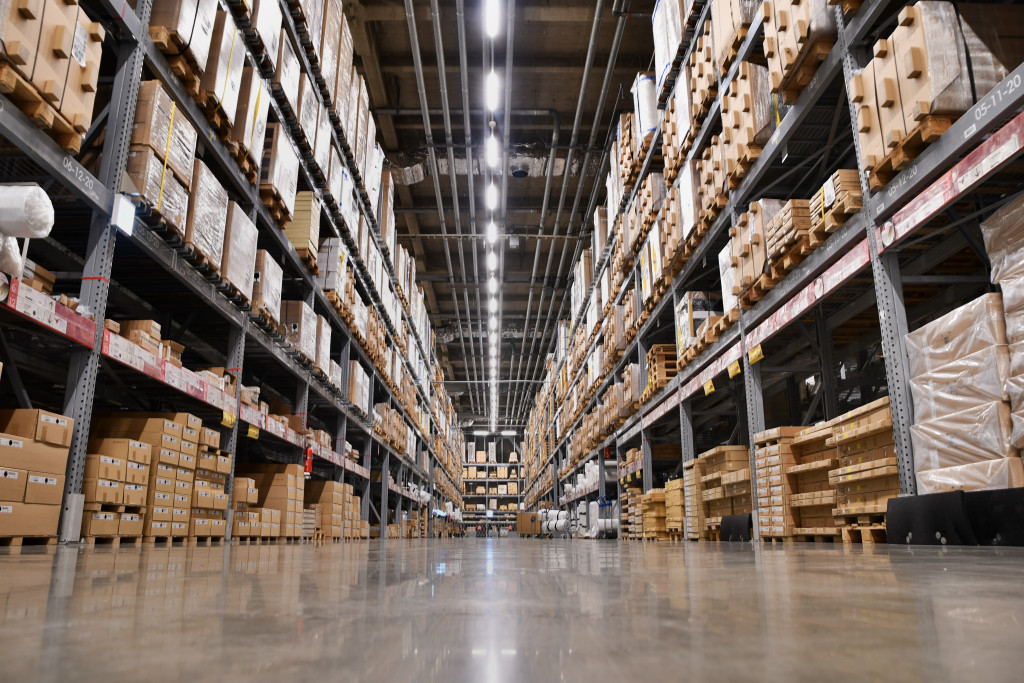- The logistics industry significantly contributes to the economy, providing numerous employment opportunities and infrastructure development.
- However, due to carbon emissions and noise pollution, logistics can also negatively impact the environment and community.
- Active collaboration between local governments and logistics companies can mitigate these adverse effects.
- Implementing community improvements, such as public parking areas for logistics vehicles, can reduce the traffic burden.
- Offering tax incentives and encouraging sustainable practices can foster a positive relationship between the logistics industry and local communities.
The logistics industry plays a significant role in our everyday lives, even though we may not know it. The industry is responsible for the transportation and distribution of products across various cities and countries. While logistics has a positive impact on the economy, it can also have an impact on the community where it operates. As a community leader, it is essential to understand how logistics can affect your community. Here’s what you need to know about the industry, how it can affect your community and ways you can improve your local logistics businesses.
The Logistics Industry
The logistics industry in the U.S. is worth two trillion dollars, making it one of the largest industries in the world. Logistics combines various technologies, processes, and services that make transporting and distributing goods possible. It can involve everything from shipping containers to pallets to drones for delivery. Here are ways the industry can affect your local community.
1. Employment Opportunities
More than 700,000 Americans are estimated to be employed in the third-party logistics industry alone. Logistics companies generate a lot of employment opportunities in the community. These jobs range from truck drivers to warehouse operators to logistics coordinators. These jobs provide a livelihood for many individuals in the community who are the backbone of the local economy. Furthermore, these jobs often come with benefits such as healthcare, pension plans, and vacation time.

2. Infrastructure Development
The logistics industry requires infrastructure development to operate efficiently and effectively. This infrastructure includes highways, bridges, ports, railroads, and airports. The development of this infrastructure benefits the community by improving the transportation of goods and people. Improved transportation networks also can lead to increased tourism and increased economic activity.
3. Impact on the Environment
Logistics companies are responsible for transporting goods across long distances. The carbon footprint of transportation can have a significant impact on the environment. As a community leader, it is essential to take steps to minimize this impact on the environment. Encouraging logistics companies to use environmentally friendly transportation methods such as electric or hybrid vehicles or investing in alternate forms of transportation such as rail can be beneficial.
4. Noise and Air Pollution
The day-to-day operations of logistics companies can also hurt the community. Air pollution is a significant concern due to the diesel emissions from trucks and other vehicles transporting goods. Noise pollution is another concern as transportation activities often happen during the late hours of the day. It is necessary to have a dialogue with logistics companies about limiting their impact on the community.
5. Collaboration with Local Government
Local governments can work with logistics companies to develop strategies to impact the community positively. Collaborating with logistics companies can lead to developing transportation infrastructure, creating jobs, and, most importantly, sustainable development for the community.
How to Improve Your Community Relationship With The Industry
There are various ways you can improve your community in the logistics industry. Here are some of those ways:

Public Parking
The logistics industry utilizes thousands of trucks, vans, and other vehicles to move products. Public parking can help reduce the traffic burden on the community by providing additional parking for these vehicles. You need an asphalted parking lot. Then you’ll need a local parking lot striping service to mark the parking spaces clearly so drivers can easily navigate and park their vehicles. This can make it easier for truckers to park and rest in parking spots.
Tax Incentives
Tax incentives such as reduced local taxes for logistics companies can encourage them to operate in your community. This will result in more job opportunities and an improved economic situation for everyone living there.
Sustainable Practices
Encouraging sustainable practices from logistics companies, such as using alternative energy sources or increasing fuel efficiency, can help reduce the industry’s environmental impact. Ensuring logistics companies do their part for the community by operating sustainably is vital.
The logistics industry has an immense impact on your economy and communities. To ensure that it positively impacts your local community, collaborate with logistics companies, provide public parking, and incentivize sustainable practices. Doing so will create a better relationship between the industry and your community.












